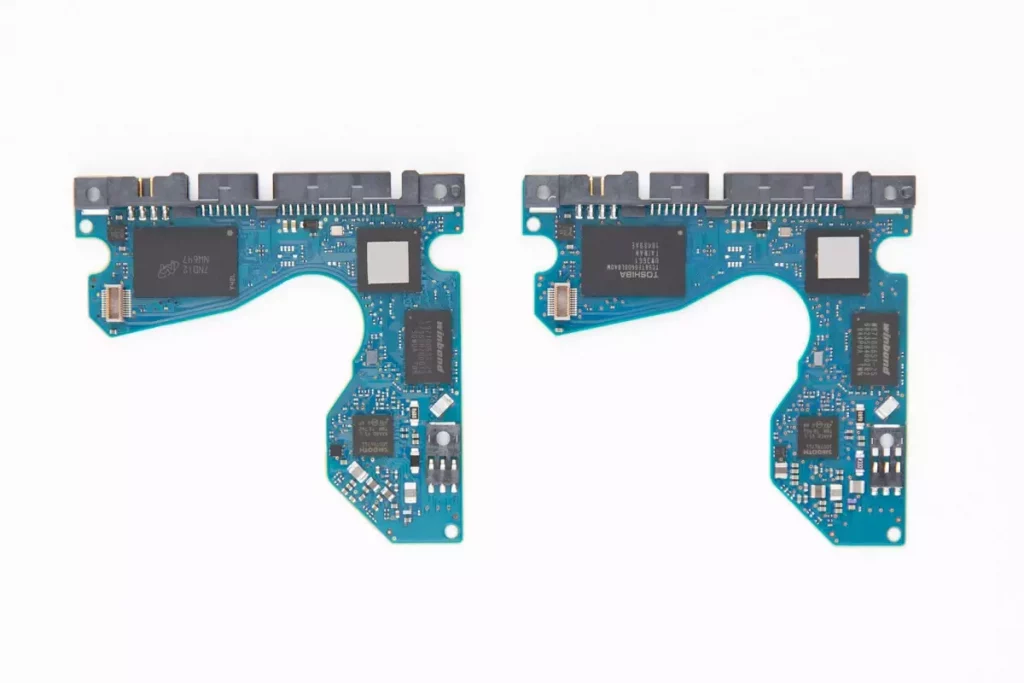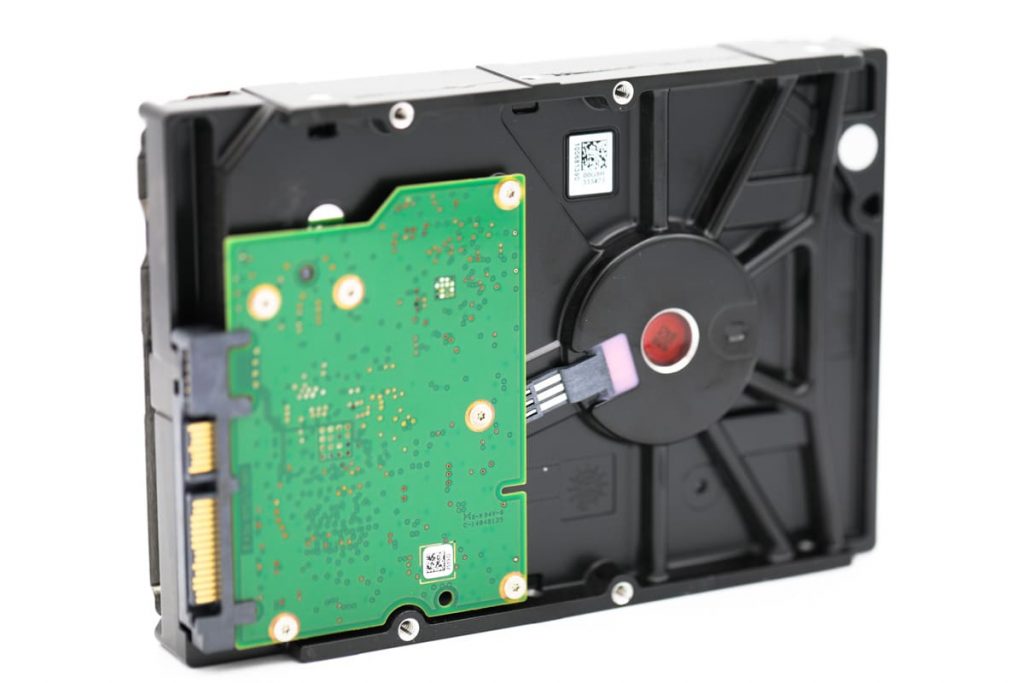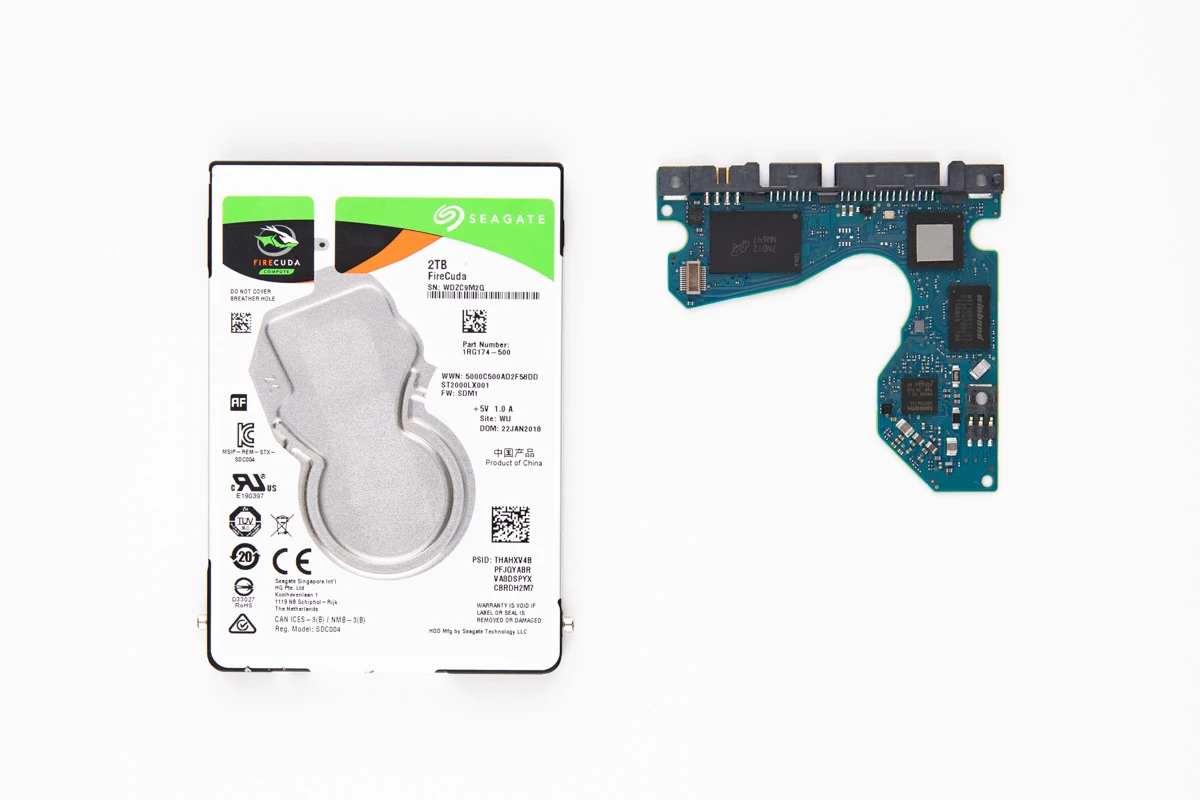In the rapidly advancing world of technology, the choice of a suitable data storage solution holds significant importance for both personal and professional users. With our increasing reliance on digital data, it becomes crucial to select a storage device that meets our needs in terms of speed, capacity, and reliability.
Two popular options that often come into the picture are hybrid hard drive vs HDD. In this blog post, we will delve into the differences between these two storage solutions, highlighting their pros and cons, to help you make a decision.
Understanding the Technology: Hybrid Drive vs. HDD
To comprehend the disparity between hybrid drives and HDDs, it is essential to delve into the underlying technology and their fundamental principles. HDDs, which have been a staple in the industry for several decades, consist of spinning platters or disks coated with a magnetic material. Data is written and read by an actuator arm with a magnetic head, allowing it to access the necessary information.
On the other hand, solid-state hybrid drives are a fusion of traditional HDDs and flash storage, combining the advantages of both technologies.
One of the primary distinctions between hybrid drives and HDDs lies in their moving parts. HDDs rely on mechanical components, such as spinning disks and actuator arms, which are prone to wear and tear over time. This factor can impact the drive’s reliability and longevity, potentially leading to data loss or drive failure. Despite this drawback, HDDs have been the go-to choice for users requiring vast amounts of storage space at an affordable price.
Hybrid Drives: Combining the Best of Both Worlds
In contrast to traditional HDDs, hybrid drives leverage the use of flash storage, which is based on solid-state technology. Flash storage, also found in SSD storage, has no moving parts, making it more durable and resistant to shocks or impacts. This attribute enhances the reliability and lifespan of hybrid drives. Additionally, hybrid drives offer the advantage of faster read and write speeds compared to HDDs.

While hard disk drives rely on the physical movement of the actuator arm to read and write data, hybrid drives utilize the speed of flash storage for frequently accessed data, while employing the larger capacity of the HDD portion for less frequently accessed data.
This combination results in a noticeable improvement in overall system performance, especially during boot times and application launches.
Storage Capacity: HDD vs. Hybrid Drive
Another critical factor to consider is storage capacity. HDDs have long been the preferred choice for users requiring large storage space at an affordable price. They offer high storage capacity options, often ranging from several terabytes (TB) to multiple petabytes (PB).
However, hybrid drives are catching up in terms of capacity, with models available in the market offering up to 1TB fusion drive of storage. This capacity is achieved by combining a smaller flash storage component with a larger HDD storage capacity, striking a balance between speed and storage space.
Data Recovery: A Concern for All
Data recovery is a concern for many users, particularly in the event of drive failures. While both hybrid drives and HDDs are susceptible to data loss due to hardware failures, the recovery process for data stored on HDDs is often less complex and more cost-effective. HDDs have been in use for decades, and professional data recovery services have developed advanced techniques to retrieve data from failed drives.
At our company, we offer comprehensive data recovery services for both HDD vs. fusion drive. We understand the critical importance of your data and the devastating impact of data loss. Whether you are using a traditional HDD or a fusion drive that combines flash storage and HDD technology, our experienced team of data recovery specialists is equipped with the expertise and cutting-edge tools to retrieve your valuable information.
Making the Right Choice between Fusion Drive vs. HDD
The choice between a hybrid drive and an HDD ultimately depends on your specific requirements and budget. If speed and performance are your top priorities, especially for tasks involving frequent data access, a hybrid drive is a sensible choice. Its combination of flash storage and HDD capacity strikes a balance between speed and affordability. On the other hand, if you need vast amounts of storage space at a lower cost and are willing to compromise on speed, an HDD may be a suitable option.
It is worth noting that the storage landscape is continually evolving, with advancements in technology leading to more capable and affordable storage solutions. Solid-state drives (SSDs), which solely rely on flash storage, are becoming increasingly popular due to their blazing-fast speeds and higher reliability. However, they still come at a premium price compared to hybrid drives and HDDs.

When it comes to choosing between a hybrid drive and an HDD, it is crucial to assess your specific needs in terms of speed, capacity, and budget. Consider factors such as data access frequency, required storage space, and the importance of data recovery. By evaluating these aspects and understanding the differences between the two storage solutions, you can make an informed decision that aligns with your requirements and ensures the safe and efficient storage of your valuable data.
Whether you opt for the speed and reliability of a hybrid drive or the affordability and vast storage capacity of an HDD, both options have their merits and can cater to a wide range of users’ needs.
Frequently Asked Questions
What causes data loss in HDDs and Fusion Drives?
Data loss in HDDs and Fusion Drives can occur due to various reasons, including mechanical failures, logical errors, accidental formatting, file system corruption, or even human error. Factors such as physical damage, power surges, malware infections, or software conflicts can also contribute to data loss.
How long does the data recovery process take?
The duration of the data recovery process can vary depending on the complexity of the case, the size of the storage device, and the extent of data damage. Minor data recovery cases may take a few days, while more intricate or severe data loss scenarios can require additional time. During the evaluation stage, our specialists will provide you with an estimated timeframe for the recovery process.
Can data recovery services retrieve data from physically damaged HDDs or Hybrid Drives?
Yes, our data recovery services are designed to handle physically damaged storage devices. Our skilled technicians have the expertise and specialized tools to address mechanical failures, damaged platters, or malfunctioning components in HDDs or Fusion Drives. However, the success of data recovery depends on the extent of the physical damage. During the evaluation process, we will assess the feasibility of recovering data from your damaged storage device.
How can I prevent data loss in the future?
To minimize the risk of data loss, it is advisable to regularly back up your important data. Maintain a backup strategy that includes multiple copies stored on different devices or cloud platforms. Additionally, practice safe computing habits, such as keeping your operating system and software up to date, using reliable antivirus software, and being cautious when downloading files or clicking on suspicious links. Taking preventive measures and having a robust data backup plan can help mitigate the impact of data loss in the future.
Request Help
"*" indicates required fields
